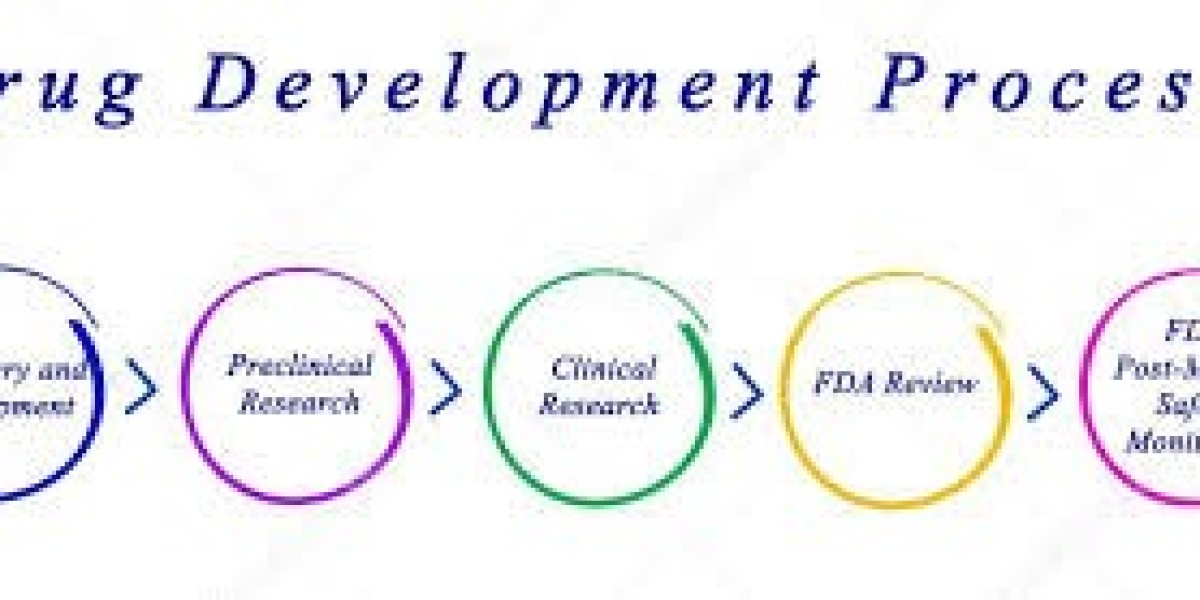The Importance of Soft Skills in Project Management
Successful project management is not solely dependent on technical expertise. Soft skills, which encompass a range of interpersonal and communication abilities, are instrumental in driving projects towards their objectives. These skills enable project managers to collaborate effectively, resolve conflicts, motivate teams, and adapt to changing circumstances. Let's delve into some of the key soft skills that project management professionals should focus on developing.
Effective Communication
Communication lies at the heart of project management. Project managers need to convey their vision, expectations, and requirements clearly to team members and stakeholders. They must be skilled listeners, understanding the needs and concerns of others. By fostering open and transparent communication channels, project managers can create a collaborative environment that promotes engagement and ensures everyone is on the same page.
Leadership and Team Management
Project managers are responsible for guiding and leading their teams towards project success. Effective leadership involves setting a clear direction, inspiring team members, and empowering them to achieve their best. Strong leadership skills enable project managers to motivate their teams, resolve conflicts, and make tough decisions when required. By creating a positive and supportive team culture, project managers can foster productivity and collaboration.
Time Management and Organization
Project management professionals often face tight deadlines and multiple tasks. Effective time management and organization skills are crucial to ensure projects stay on track. Project managers must be adept at prioritizing tasks, creating realistic schedules, and allocating resources efficiently. By managing their time effectively, project managers can minimize delays, enhance productivity, and deliver projects within budget and on time.
Problem Solving and Decision Making
Projects are bound to encounter challenges and obstacles along the way. Project managers need strong problem-solving and decision-making skills to overcome these hurdles. They must be able to analyze situations, identify root causes of problems, and develop innovative solutions. By employing critical thinking and sound judgment, project managers can make informed decisions that propel projects forward and mitigate risks.
Negotiation and Conflict Resolution
In project management, conflicts and disagreements are inevitable. Project managers must possess negotiation and conflict resolution skills to navigate these situations effectively. By adopting a collaborative approach, project managers can find common ground, mediate disputes, and reach mutually beneficial outcomes. Skilled negotiators can ensure that project objectives are met while maintaining positive relationships with stakeholders.
Emotional Intelligence
Emotional intelligence refers to the ability to recognize and manage one's own emotions and understand the emotions of others. Project managers with high emotional intelligence can build rapport, empathize with team members, and create a positive work environment. They can effectively address conflicts, provide constructive feedback, and inspire trust and loyalty among team members and stakeholders.
Stakeholder Management
Projects involve various stakeholders, including clients, sponsors, and team members. Project managers need to effectively manage these relationships to ensure project success. By understanding stakeholder expectations, engaging in regular communication, and addressing concerns proactively, project managers can build strong relationships and gain the support necessary to drive projects forward.
Adaptability and Flexibility
The business landscape is dynamic, and projects often face unforeseen changes and uncertainties. Project managers must be adaptable and flexible in their approach. They should be able to adjust plans, reallocate resources, and embrace new methodologies when necessary. By staying agile, project managers can navigate challenges effectively and keep projects on track, even in the face of unexpected circumstances.
The Essential Soft Skills for Successful Project Management Professionals: FAQs
What are soft skills in project management? Soft skills in project management refer to a set of interpersonal and communication abilities that enable project managers to effectively lead teams, collaborate with stakeholders, and navigate complex projects. These skills include effective communication, leadership, time management, problem-solving, and emotional intelligence, among others.
Why are soft skills important in project management? Soft skills are crucial in project management as they facilitate effective communication, teamwork, and stakeholder management. They enable project managers to build relationships, motivate teams, resolve conflicts, and adapt to changing project dynamics. Soft skills complement technical expertise and enhance project success.
How can project managers improve their soft skills? Project managers can improve their soft skills by investing in professional development opportunities such as training programs, workshops, and coaching sessions. They can also seek feedback from peers and mentors to identify areas for improvement. Continuous learning, practice, and self-reflection are key to enhancing soft skills.
Can soft skills be learned or developed? Yes, soft skills can be learned and developed with effort and practice. While some individuals may naturally possess certain soft skills, others can acquire them through conscious effort and learning. By actively seeking opportunities to improve and applying newly acquired skills in real-world scenarios, project managers can develop their soft skills.
What role does emotional intelligence play in project management? Emotional intelligence plays a significant role in project management. It enables project managers to understand and manage their own emotions, as well as recognize and empathize with the emotions of others. This skill fosters effective communication, conflict resolution, and relationship-building, enhancing overall project success.
How can project managers enhance their stakeholder management skills? Project managers can enhance their stakeholder management skills by actively engaging with stakeholders, seeking their input and feedback, and addressing their concerns. By maintaining open lines of communication, demonstrating transparency, and delivering on commitments, project managers can build trust and cultivate strong relationships with stakeholders.
Conclusion
The essential soft skills discussed in this article are integral to the success of project management professionals. By honing these skills, project managers can excel in their roles, effectively lead teams, and deliver successful projects. Soft skills complement technical expertise and enable project managers to navigate challenges, build relationships, and adapt to changing project dynamics. Investing in the development of soft skills is a worthwhile endeavor for aspiring and experienced project management professionals alike.








